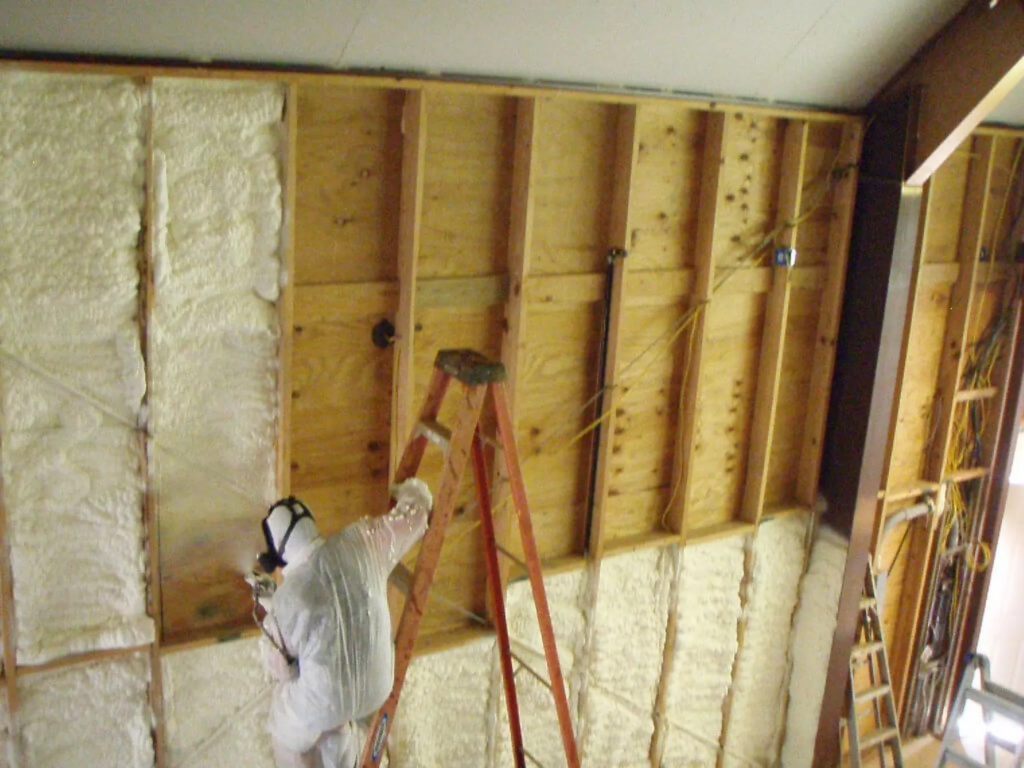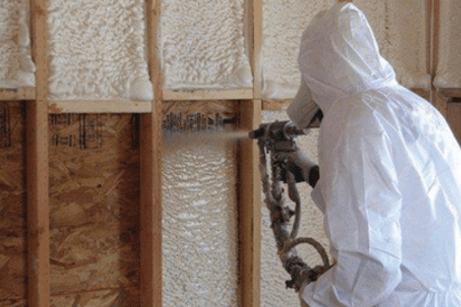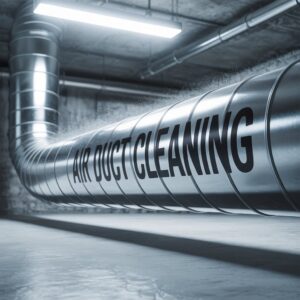How Closed Cell Foam Insulation Provides Superior Moisture Resistance in Central, LA
Closed cell foam insulation is renowned for its ability to resist moisture, making it an ideal choice for areas with high humidity. This form of spray foam insulation in Central, LA not only provides superior thermal resistance but also acts as a barrier against water vapor, preventing moisture buildup that can lead to mold growth, wood rot, and other moisture-related issues. Understanding how closed cell foam works and its specific benefits in a region with frequent rainfall and high humidity can help homeowners and business owners make informed decisions about their insulation needs.
This article will explore how closed cell foam insulation’s moisture resistance works, the benefits it provides, and important factors to consider when deciding if it’s the right choice for your property.
How Closed Cell Foam Insulation Works
Closed cell foam insulation is made up of tiny, closed-off cells that trap air and prevent water from entering. These cells provide an effective moisture barrier that prevents water from infiltrating walls, ceilings, and floors. This characteristic makes it especially effective in areas that experience wet conditions, such as Central, LA, where humidity and rainfall are frequent.
Moisture Resistance Benefits of Closed Cell Foam Insulation
- Water Barrier: Closed cell foam creates a continuous barrier that prevents water from permeating through walls or ceilings, unlike other types of insulation, such as fiberglass, which can absorb moisture.
- Prevents Mold Growth: By keeping moisture away from building materials, closed cell foam helps prevent mold and mildew formation, which can otherwise damage property and pose health risks.
- Improved Durability: This insulation type enhances the durability of a building by preventing water-induced issues, such as wood rot or rusting in metal structures.
- Increased Energy Efficiency: The moisture resistance properties of closed cell foam also contribute to better energy efficiency by maintaining a consistent indoor climate and preventing the damp, cool conditions that can lead to higher heating and cooling costs.
There are several types of closed cell foam insulation that differ in their material composition and performance. The primary difference between these foams lies in their density and moisture resistance capabilities. Below is a comparison of the most common types.

Types of Closed Cell Foam Insulation
| Type of Foam Insulation | Density (lbs/ft³) | Moisture Resistance | R-Value per Inch | Best Use Case |
| Polyurethane Foam | 2.0 – 3.0 | Excellent | 6.5 – 7.0 | Basements, attics, and exterior walls |
| Polyisocyanurate Foam | 2.0 – 3.5 | High | 6.0 – 7.0 | Cold storage, roofs, and refrigerated spaces |
| Spray Applied Foam | 1.5 – 2.0 | Good | 6.0 – 7.0 | Residential and commercial buildings |
| Closed-Cell Spray Foam | 2.0 – 3.0 | Excellent | 6.5 – 7.0 | High moisture areas like crawl spaces, basements |
Technical Specifications of Closed Cell Foam Insulation
| Specification | Polyurethane Foam | Polyisocyanurate Foam | Closed-Cell Spray Foam |
| Moisture Vapor Permeability | 0.03 perms | 0.03 perms | 0.02 perms |
| R-Value per Inch | 6.5 – 7.0 | 6.0 – 7.0 | 6.5 – 7.0 |
| Density (lbs/ft³) | 2.0 – 3.0 | 2.0 – 3.5 | 2.0 – 3.0 |
| Water Absorption Rate | 1% by volume | 1% by volume | 1% by volume |
| Thermal Conductivity | 0.020 – 0.025 W/m·K | 0.020 – 0.025 W/m·K | 0.020 – 0.025 W/m·K |
These specifications show that closed-cell foams consistently outperform other insulation materials when it comes to moisture resistance, making them ideal for areas prone to dampness.
Things to Consider Before Making a Decision
Before opting for closed cell foam insulation, it’s important to assess your property’s specific needs and evaluate the long-term benefits. Here are some key factors to consider:
1. Environmental Conditions
- Central, LA has a humid subtropical climate, with frequent rainfall and high humidity. Closed cell foam insulation provides an excellent solution in this environment by acting as a vapor barrier and preventing moisture from infiltrating your home or business.
2. Cost
- Closed cell foam tends to be more expensive than open cell foam or fiberglass insulation. However, the long-term savings in energy costs and the added protection against moisture-related damage can justify the initial investment.
3. Application Areas
- Closed cell foam is ideal for areas prone to water exposure, like basements, crawl spaces, and roofs. It’s crucial to ensure that the insulation is applied correctly to avoid gaps that could allow moisture to seep through.
4. Building Codes and Regulations
- Local building codes may require specific types of insulation for certain applications. It’s important to verify that closed cell foam complies with local regulations before installation.
Common Questions
1. Is closed cell foam insulation more effective than fiberglass?
Yes, closed cell foam provides superior moisture resistance compared to fiberglass, which can absorb water and lose its insulating properties when wet.
2. Can closed cell foam be applied in humid climates like Central, LA?
Absolutely. Closed cell foam is particularly effective in humid and wet climates due to its ability to resist moisture penetration.

3. Does closed cell foam insulation provide soundproofing benefits?
Yes, closed cell foam also helps with soundproofing, as it reduces sound transmission between rooms or from the outside.
4. How long does closed cell foam last?
With proper installation, closed cell foam can last for several decades, providing long-term protection against moisture and energy loss.
Bonus Tips
- Tip 1: When insulating areas that are consistently exposed to moisture, like basements or crawl spaces, ensure that the foam is applied as a seamless layer to fully prevent water ingress.
- Tip 2: Consider having a professional inspect your home’s moisture levels before installing closed cell foam. This will help ensure that you address any existing moisture issues before they can cause damage.
Conclusion
Closed cell foam insulation offers exceptional moisture resistance, making it a top choice for homes and buildings in humid areas like Central, LA. Its ability to act as a barrier against water and vapor helps protect your property from mold, mildew, and structural damage while also improving energy efficiency. When selecting insulation, consider the local climate, your budget, and the specific areas in need of moisture control. Closed cell foam may require a higher initial investment, but its long-term benefits far outweigh the costs.
Ready to Achieve Superior Moisture Resistance?
Protect your property from the damaging effects of moisture with closed cell foam insulation. Reach out to Polyco Spray Foam to learn how we can help you create a safer, more energy-efficient space.
Contact Polyco Spray Foam today at (225) 286-3546 or via email at info@polycosprayfoam.com.












